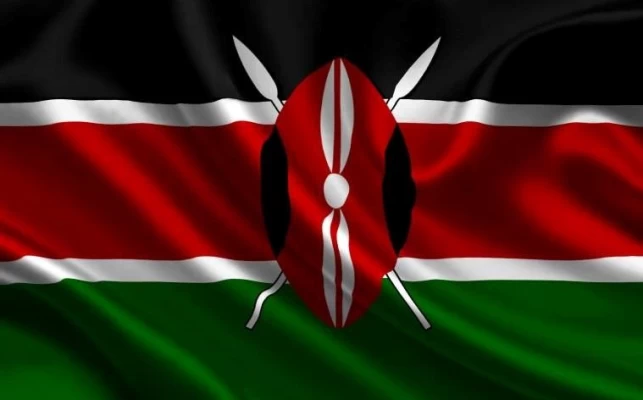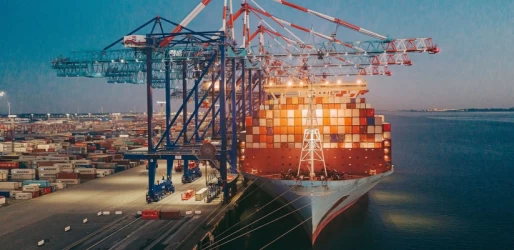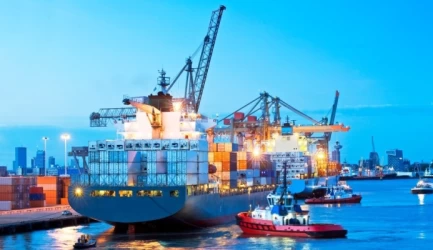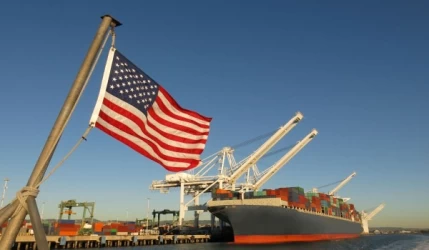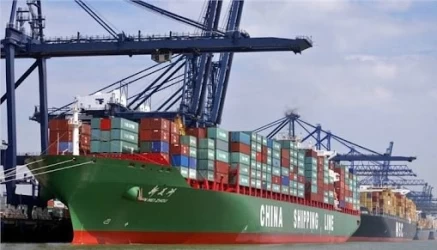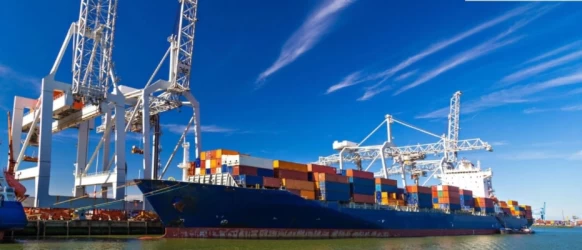Guide to trade with Kenya, sea freight
Kenya, located on the eastern coast of Africa, is one of the region's leading and rapidly growing economies. With its rich natural resources, access to the Indian Ocean, and a growing population, the country has become an attractive destination for international trade. This article explores the opportunities for trade with Kenya, the challenges and advantages of marine transportation to the country, and key considerations for businesses looking to enter this market.
1. Economic Overview of Kenya
Kenya boasts one of the most dynamic economies in East Africa, characterized by rapid growth in various sectors such as agriculture, manufacturing, and technology. The agricultural sector, particularly the export of tea, coffee, and fresh flowers to Europe and other markets, is a critical part of the economy. Additionally, the services sector is also experiencing significant growth.
Investment Opportunities in Kenya:
- Agriculture and Food Production: With its favorable climate and fertile agricultural land, Kenya is a major exporter of agricultural products like tea, coffee, and flowers.
- Energy and Infrastructure: Kenya has made substantial investments in renewable energy, such as wind and solar power, and continues to seek development in infrastructure.
- Tourism Industry: Kenya is a major tourist destination, known for its national parks and stunning beaches along the Indian Ocean.
2. Marine Transportation to Kenya
Marine transportation is one of the most important methods of moving goods to Kenya. Due to its strategic location along the eastern coast of Africa and access to the Indian Ocean, the Port of Mombasa serves as one of Africa's largest and most vital ports, playing a crucial role in regional and international trade.
Advantages of Marine Transportation to Kenya:
- Access to International Markets: The Port of Mombasa is a key hub for imports and exports in East Africa, also providing services to landlocked countries like Uganda, Rwanda, and Burundi.
- Lower Costs Compared to Air Freight: Marine transportation is generally more economical for transporting bulky and heavy goods compared to air freight.
- Advanced Infrastructure: Kenya has invested significantly in the development of ports and logistical infrastructure, facilitating trade processes.
Challenges of Marine Transportation to Kenya:
- Time-Consuming Processes: Marine transportation takes longer than other methods of moving goods.
- Customs Tariffs and Taxes: Some customs tariffs and taxes in Kenya can increase the costs of trading. Therefore, traders should carefully study the customs regulations of the country.
3. Legal and Regulatory Framework for Trade with Kenya
Understanding the legal and regulatory framework for entering the Kenyan market is essential. Kenya is a member of the World Trade Organization (WTO) and is committed to international trade laws. Additionally, Kenya's membership in the East African Community (EAC) has facilitated trade, especially within the regional framework.
Steps for Importing Goods to Kenya:
- Company Registration: Businesses need to register a local or international trading company in Kenya.
- Obtaining Import Licenses: Traders must acquire the necessary licenses for importing their goods from the relevant authorities.
- Paying Customs Duties: Upon the arrival of goods at the Port of Mombasa, customs duties based on the type and value of the goods are assessed and paid.
4. Impact of International Trade Agreements on Trade with Kenya
Kenya is part of several international and regional trade agreements that facilitate free trade between the country and other member states. Notable agreements include:
- African Continental Free Trade Agreement (AfCFTA): This agreement aims to eliminate tariffs and trade barriers among African countries, enhancing intra-African trade.
- East African Community (EAC): This community has helped promote free trade between Kenya and other member states while reducing customs tariffs.
5. Utilizing Marine Transportation for Exporting to Kenya
For successful trade with Kenya, selecting reputable shipping companies familiar with the country's customs processes is essential. Given Kenya's strategic location, many international companies offer marine transportation services to the country.
Steps for Marine Transportation to Kenya:
- Choosing a Marine Transportation Company: Selecting a company with extensive experience in shipping to Kenyan ports is crucial.
- Packaging and Labeling: Proper packaging of goods and correct labeling are essential to prevent potential damages and facilitate customs processes.
- Providing Necessary Documentation: Documents such as invoices, packing lists, and shipping papers must accompany shipments.
6. Conclusion
Kenya, with its growing economy and strategic geographical position, presents a significant trade opportunity for international traders. Despite challenges such as customs tariffs and time-consuming marine transportation processes, there are numerous opportunities for trade with this country. Utilizing marine transportation, especially for shipping bulky and heavy goods, is cost-effective, and the Port of Mombasa plays a vital role in facilitating regional and international trade.
If you have any specific questions or need further assistance, feel free to ask!

